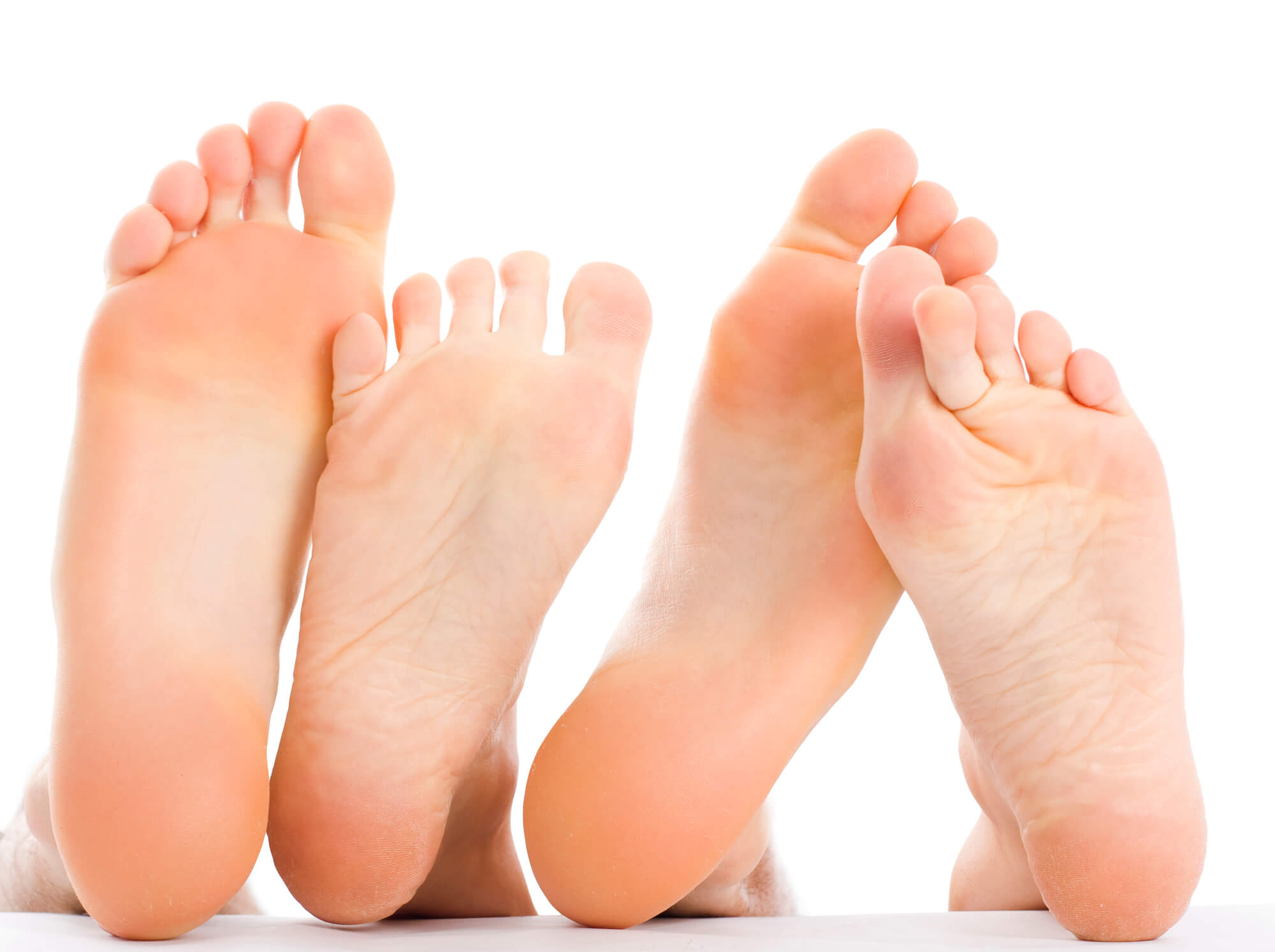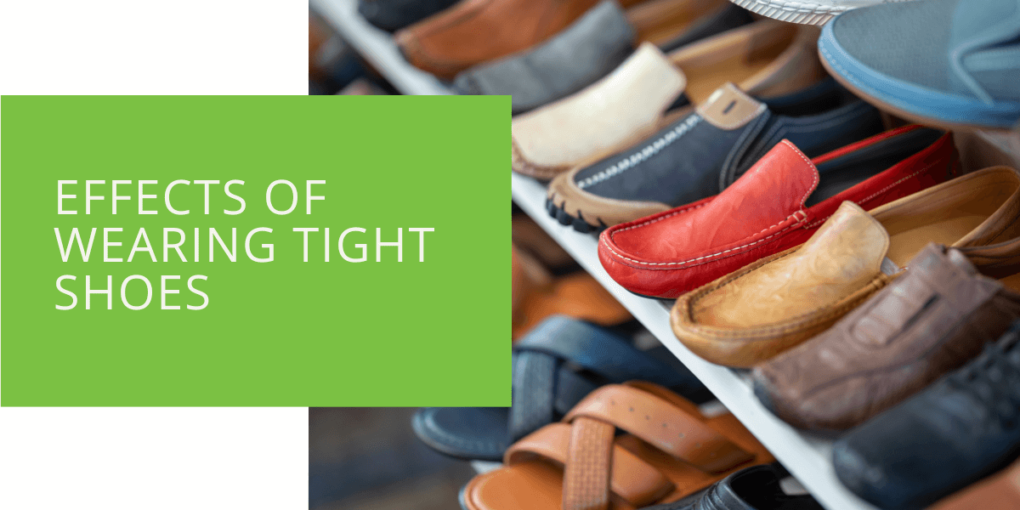The Effects of Wearing Tight Shoes on Your Foot Health
When choosing the right footwear, comfort should always be a top priority. However, in pursuing style and fashion, many individuals overlook the potential consequences of wearing ill-fitting shoes, especially those that are too tight. This comprehensive guide will explore the serious ramifications tight shoes can have on your foot health. At ePodiatrists, we are committed to educating you on the importance of proper footwear and providing solutions to maintain optimal foot care.
Key Takeaways
- Wearing tight shoes can lead to various foot problems, including ingrown toenails, bunions, blisters, corns, and calluses.
- Foot deformities and chronic foot pain can result from prolonged use of ill-fitting footwear.
- To maintain optimal foot health, prioritize choosing shoes that fit properly, measure your shoe size accurately, and seek professional advice from podiatrists for personalized recommendations.
The Dangers of Wearing Tight Shoes
While wearing tight shoes might seem inconsequential, it can have far-reaching implications for your foot health. Let's delve deeper into the specific foot problems that can arise from wearing ill-fitting shoes, such as ingrown toenails, bunions, blisters, corns, and calluses.
Ingrown Toenail
An ingrown toenail is a painful condition where the edge of the toenail grows into the surrounding skin, leading to inflammation and potential infection. Tight shoes, particularly those with a narrow toe box, exert constant pressure on the toenails, increasing the likelihood of ingrown toenails. This issue requires proper attention from a podiatrist to prevent complications and alleviate discomfort.
Bunion Development
Bunions are unsightly and painful bony protrusions that typically form at the base of the big toe. Tight-fitting shoes, especially high heels or those with a narrow toe box, can force the toes into an unnatural position, contributing to the development of bunions. Podiatrists recommend footwear with ample room in the toe area to relieve pressure and prevent or manage bunions.
Blisters, Corns, and Calluses
The friction and pressure caused by tight shoes can result in various foot issues, including blisters, corns, and calluses. Blisters are fluid-filled pockets that develop on the skin, while corns and calluses are thickened, hardened areas. These conditions can be painful and significantly impact your ability to walk comfortably. Choosing shoes that fit properly and provide adequate cushioning to prevent and address these problems is crucial.
Foot Deformities
Long-term use of tight-fitting shoes may lead to foot deformities, such as hammertoes, where the toes become permanently bent. These deformities not only cause discomfort but can also require surgical intervention for correction. Opting for shoes with proper arch support and sufficient toe space can help prevent such deformities.
Foot Pain and Discomfort
One of the most immediate consequences of wearing tight shoes is foot pain and discomfort. This discomfort can manifest as aching, burning, or sharp pains in various areas of the foot, including the ball of the foot, arch, and heel. If left unaddressed, this pain can progress to conditions like plantar fasciitis, which can be excruciating and limit your mobility.

How to Wear the Right Shoe Size
Now that we've discussed the potential foot problems caused by ill-fitting shoes, let's explore how to ensure you wear shoes that fit properly.
Measuring Your Shoe Size Correctly
To begin, it is crucial to measure your feet accurately. The size of your feet can change over time, so relying on past measurements or guesswork is not advisable. Utilize a Brannock device or consult a professional shoe fitter to determine your size.
Choosing the Right Type of Footwear
Different activities require different types of shoes. Consider the purpose of your shoes – whether for running, walking, or formal occasions – and select a pair that suits the specific activity. Wearing the appropriate footwear can significantly reduce the risk of various foot problems.
Importance of Professional Fittings
Seeking a professional fitting from a podiatrist or shoe specialist can be invaluable. They have the expertise to assess your foot shape, arch type, and existing foot conditions. With this information, they can recommend shoes that offer the right arch support and fit for your individual needs, contributing to your overall foot health.
Conclusion
The effects of wearing tight shoes on foot health should not be underestimated. From ingrown toenails to foot deformities and chronic pain, poorly fitting shoes can lead to problems and discomfort. As podiatrists, we strongly advise prioritizing comfort and health when selecting your footwear. Your feet serve as the foundation of your body, and caring for them is essential.
Remember, our team of experienced podiatrists is here to assist you in maintaining optimal foot health. If you are experiencing any issues discussed in this article or need expert guidance on choosing the right shoes, please do not hesitate to schedule an appointment with ePodiatrists today. Your feet deserve the best care possible.

